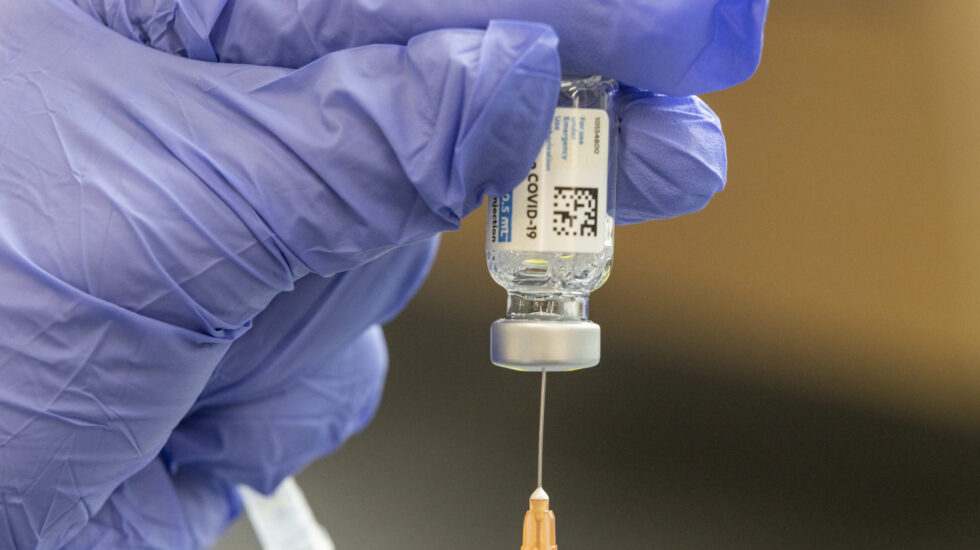A group of experts empaneled by the Food and Drug Administration recommended on Friday that the agency approve a Johnson & Johnson booster shot for all adults 18 and over at least two months after receiving an initial dose of the company’s COVID-19 vaccine.
The recommendation was unanimous, 19-0, even though some panelist flagged the “scant” amount of data on Johnson & Johnson boosters. “There were only 17 people included in an analysis of the effect of boosting people after six months,” explains The Washington Post.
The FDA will now consider the advice. The Centers for Disease Control and Prevention will have to sign off before the boosters are distributed nationwide.
Fourteen million Americans have received Johnson & Johnson’s one-dose regiment.
The New York Times adds:
Before the vote, a top federal health official, Dr. Peter Marks, said that the agency may consider regulatory action that would allow Johnson & Johnson recipients to receive a booster shot of Moderna or Pfizer-BioNTech’s vaccines. But Dr. Marks, who oversees the F.D.A.’s vaccine division, gave no timetable for any decision, saying only that authorization of the use of a different vaccine as a booster for Johnson & Johnson recipients was “possible.”
The panel’s recommendation differed from previous opinions it offered on the Pfizer and Moderna vaccines. For those shots, boosters were only recommended for certain vulnerable populations, like people 65 and over and those who live and work in settings with an increased risk of infection, like schools and homeless shelters.
But studies have consistently demonstrated that the Johnson & Johnson one-shot regiment does not offer the same level of protection as the two-shot regiments concocted by their pharmaceutical rivals.
“Prior to, I don’t know, November or December of 2019, the human species are immunologically naive to this virus. But any single shot vaccine was likely to induce a primary response and the second shot would be necessary,” said James E.K. Hildreth, president of Meharry Medical College. “It was always going to be necessary for J & J recipients to get a second shot.”



